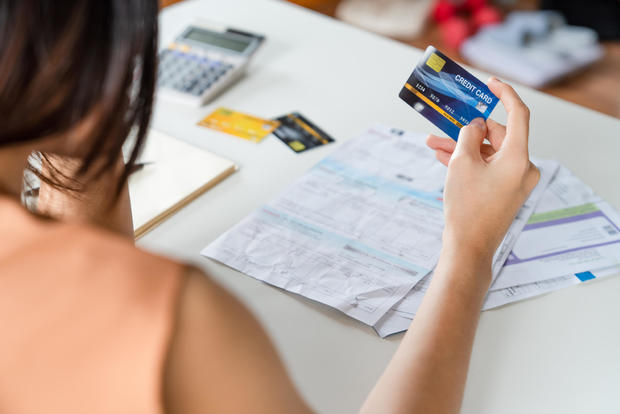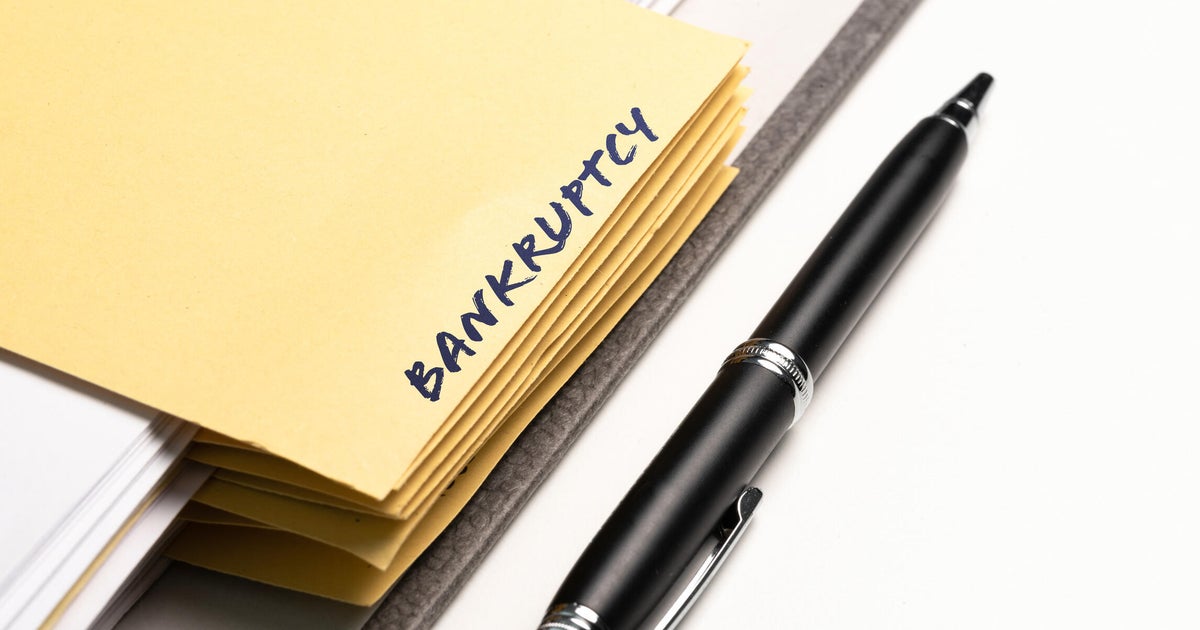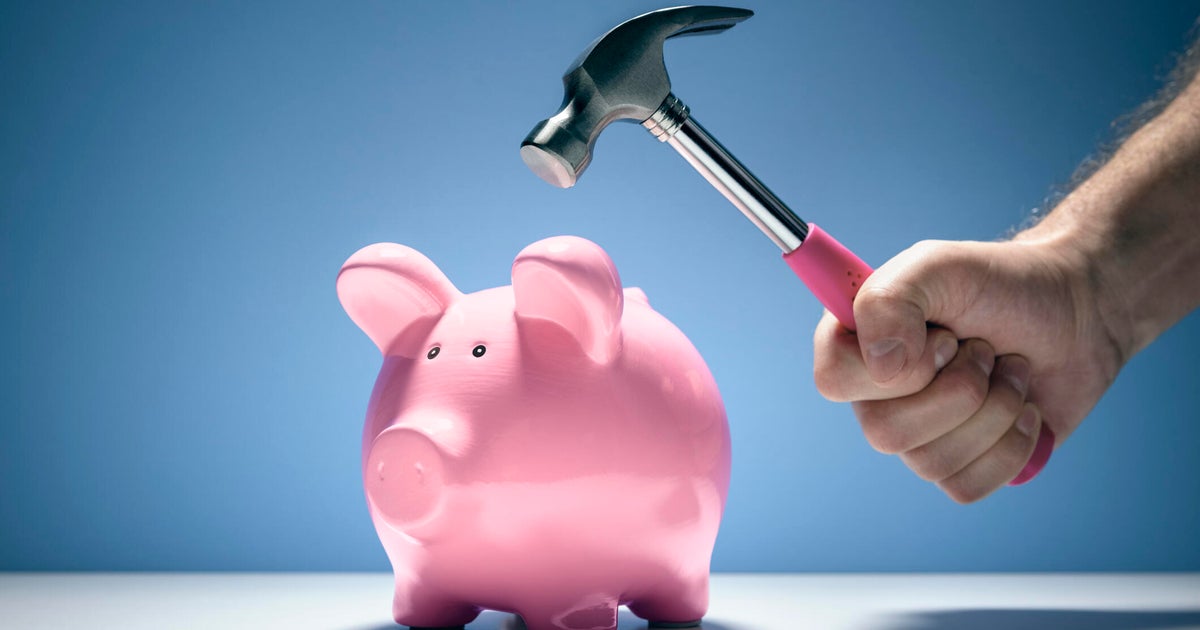How to pay off $7,500 in credit card debt
In the current economic climate, managing credit card debt can be particularly daunting. While inflation is cooling, the cost of everyday expenses remains high, which can strain your ability to meet your credit card obligations. Credit card interest rates have also increased significantly in recent years, with the average credit card rate sitting at nearly 22% right now, which is driving up the cost of this type of debt.
This situation can rapidly lead to a substantial accumulation of credit card debt. If you find yourself with $7,500 or more in outstanding balances, you might be wondering about your next steps. That amount of debt is often the minimum that debt relief companies will help with — and there are several potential avenues for addressing your financial situation.
Compare your debt relief options now.
How to pay off $7,500 in credit card debt
Here are three effective ways to pay off $7,500 in credit card debt:
Take advantage of debt relief
"In an inflationary environment, securing necessary debt relief is crucial," explains Michael Broughton, founder and CEO of the credit-building app, ALTRO. "As interest rates rise, the cost of servicing debt escalates and burdens both individuals and businesses with higher payments."
But, debt relief services can help in multiple ways. "Getting debt relief, whether through negotiating terms, exploring refinancing options or seeking assistance programs, provides essential financial breathing room," says Broughton.
Here's how can debt relief services help you pay off $7,500 in credit card debt:
- Debt management: Debt management services typically negotiate your interest rates and payment terms with your lenders on your behalf. This may help you get out of debt faster, producing interest savings in the process.
- Debt forgiveness: Debt forgiveness companies negotiate your principal balances with your lenders in an attempt to get them to accept less than you owe to clear your debts. These programs can produce more savings than debt management programs since you may save on your balance as well as interest. But, debt forgiveness can also have a long-lasting detrimental impact on your credit score.
- Debt consolidation loans: You may also be able to use a debt consolidation loan to pay off your credit card balances, presumably with a lower interest rate. Not only can these loans provide interest savings, they can simplify the payment process by consolidating multiple debts into one.
Have an expert get you out of debt today.
Ask your lenders for help
Many lenders that offer credit cards also offer credit card hardship programs. These are typically short-term programs (usually lasting six to 24 months) that are designed to ease your financial burden in the event of a financial hardship. So, getting the help you need may be as simple as calling your lenders and asking for it.
Once you ask for help, your lender may ask questions about, and for proof of, your financial hardship. For example, if unexpected medical bills caused your hardship, your lender may ask for copies of those bills.
Nonetheless, if you qualify for a credit card hardship program, your lender may reduce your minimum payment, your interest rate or both, for a predetermined period of time. That could give you time to get back on your feet financially.
Take out a home equity loan
If you own your home, you may have quite a bit of equity that you can tap into. The average American homeowner can safely tap into around $193,000 in equity (without losing too much of a stake in their homes). Importantly, home equity loans typically come with competitive interest rates.
While the average credit card interest rate currently stands at over 20%, the average home equity loan interest rate is just 8.63%. So, if you use a home equity loan to pay off your $7,500 in credit card balances, you could realize significant interest savings.
The bottom line
High credit card interest rates and minimum payments can be difficult to stomach in today's inflationary environment. So, if you owe $7,500 in credit card debt or more, it's advantageous to pay your debt off as soon as possible. Debt relief services can help. You may also get short-term relief by reaching out to your lenders. And, if you own your home and have maintained a good credit score, you could save on interest by using a home equity loan to pay your credit card debt off. In any case, it's important to act now. The faster you take control of your credit card debt, the faster you'll be able to put it behind you.
This story has been updated to clarify the difference between debt management and debt consolidation programs.




